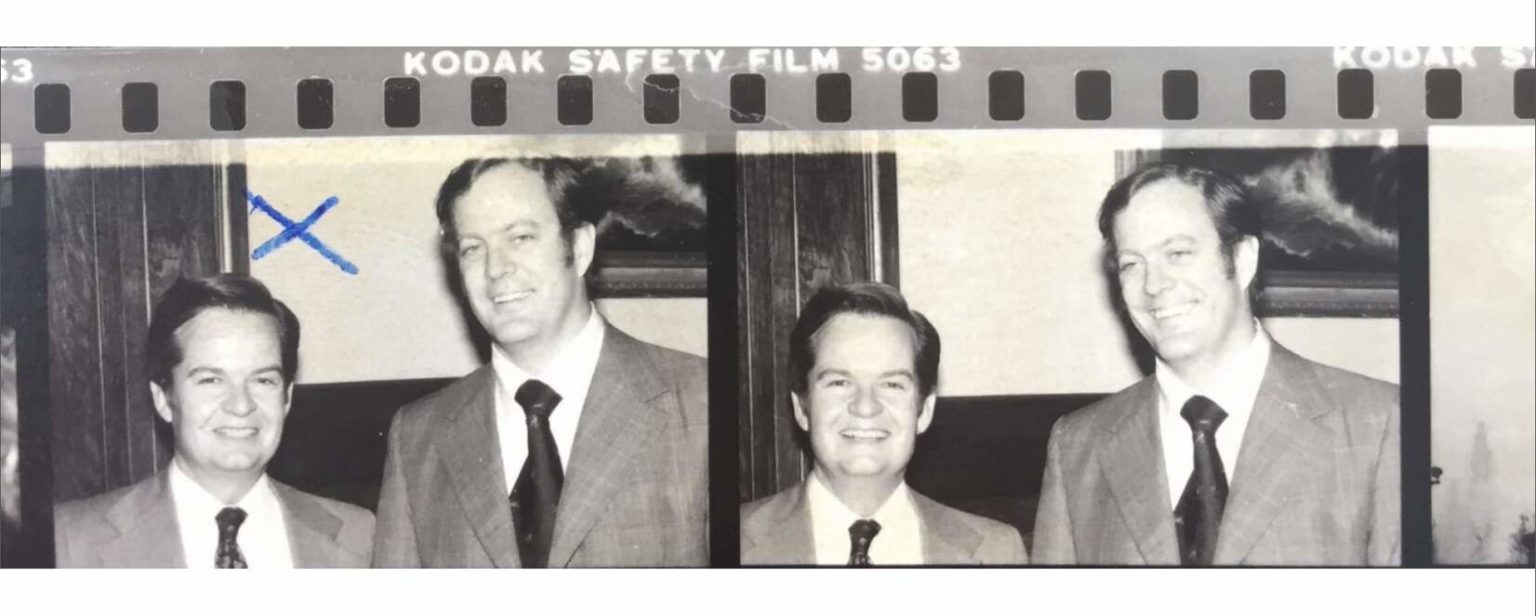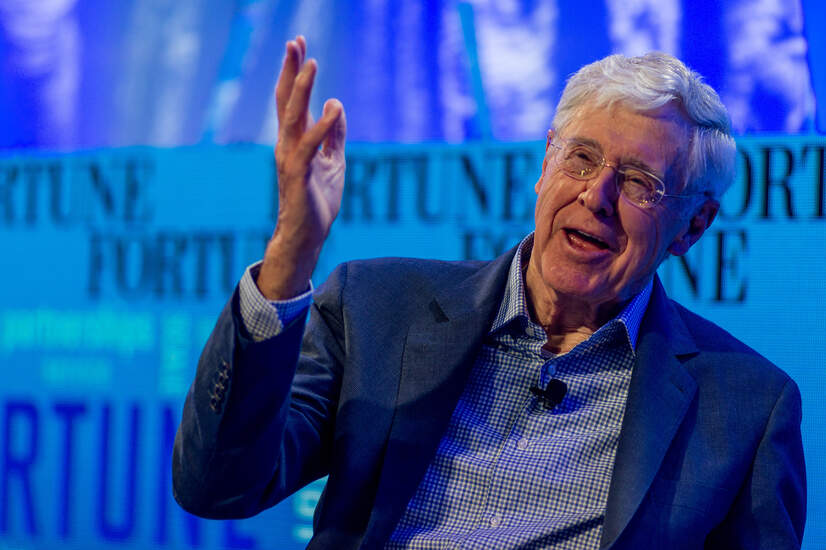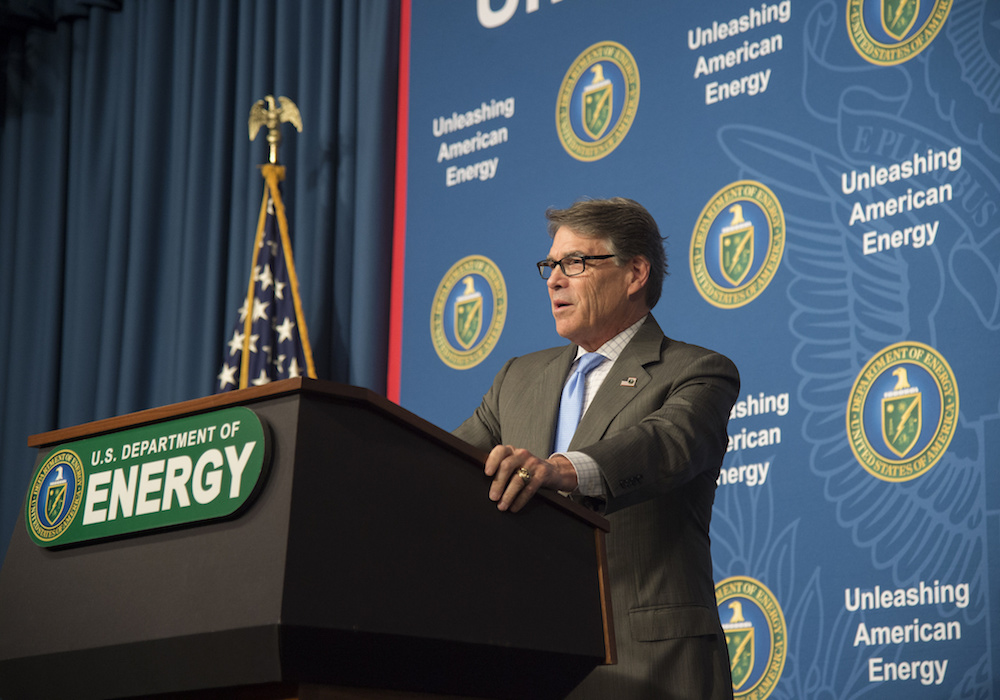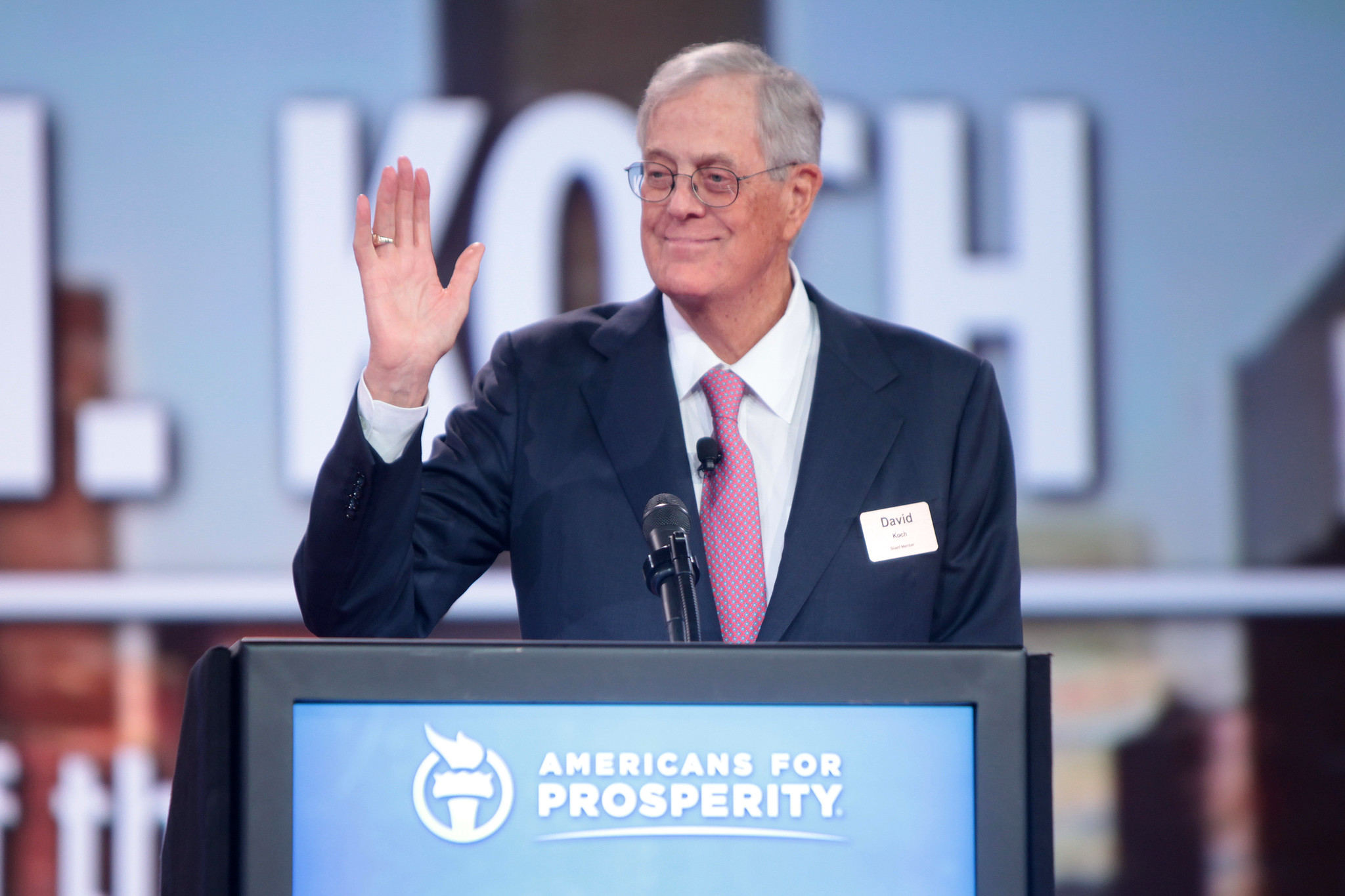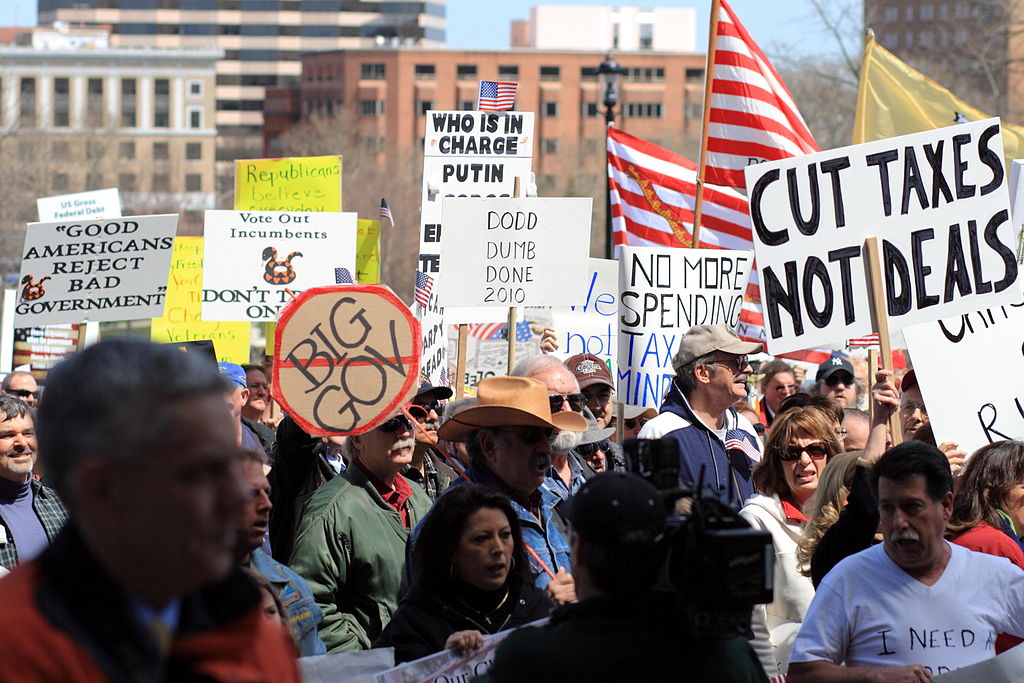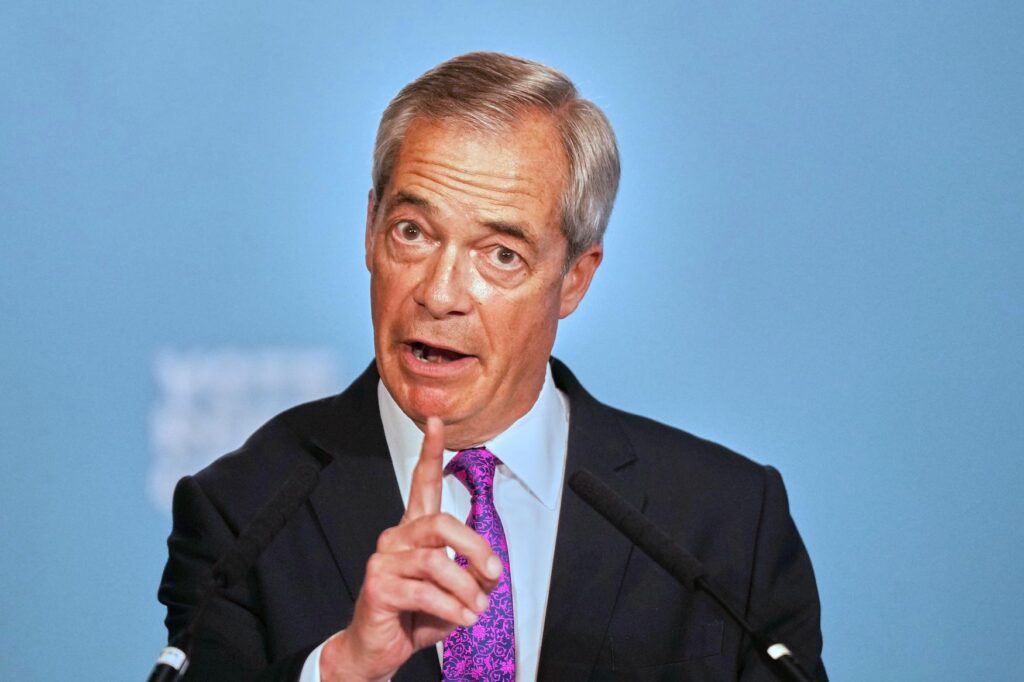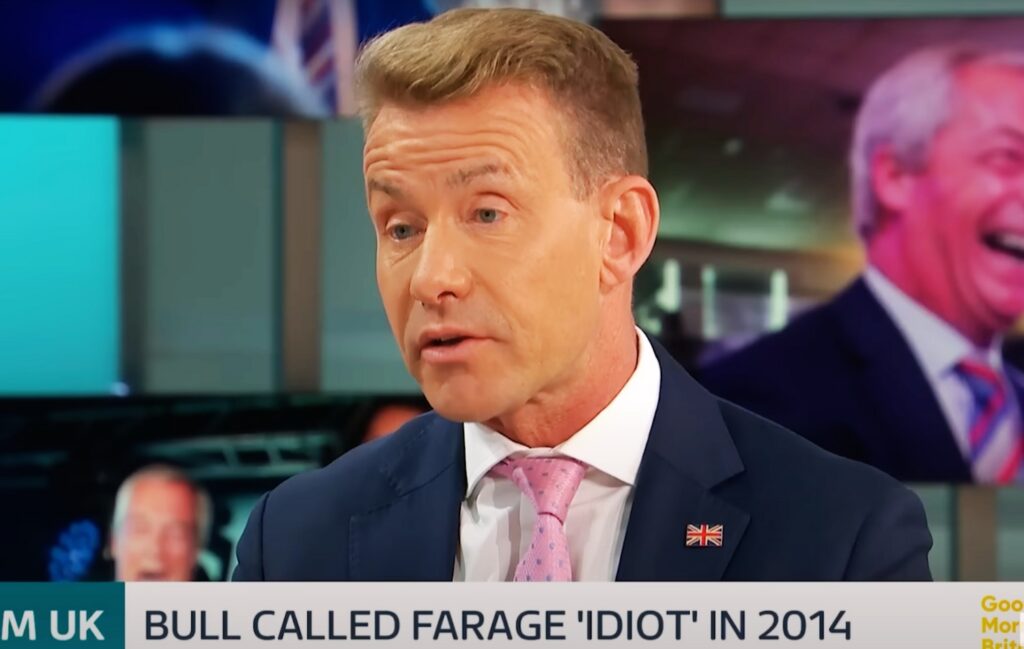A scheme to abolish the Department of Energy (DOE) helped spur a failed 1980 Libertarian Party presidential bid — and in the process laid the groundwork for Charles and David Koch’s powerful network of influence — as documents from a newly published archive show.
The documents in the new KochDocs.org archive include a relatively little-noticed column penned by fossil fuel industrialist Charles Koch for the Libertarian Review in August 1977, in which Charles, who had served as a member of President Carter’s energy task force in 1976, argued against Carter’s energy policy, writing that the “only ‘certainty’ to be associated with governmental planning is that it will not work, will tend to produce results opposite to those intended, and will doom any substantial private long-range planning in energy development.”
Within three years, the Energy Department had been established by federal law — and its abolishment had become a central plank of the Libertarian Party’s 1980 presidential campaign, which featured Ed Clark as its presidential candidate and Koch Industries’ David Koch as his running-mate.
“There’s nothing wrong with America’s energy problems that deregulated, decontrolled private enterprise can’t cure,” a Clark campaign ad published on May 5, 1980 proclaimed.
“One of my first priorities as President would be to abolish the Department of Energy,” the ad quoted Clark as saying.
The documents shine new light not only on the Kochs’ early opposition to the formation of the Department of Energy but also on their evolution from direct participation in politics to secretive behind-the-scenes funders of the American political right.
“That election also handed the Kochs their first political setback, driving them to rethink their approach to libertarian ideas,” The New York Times reported in 2014. “Instead of replacing the Republican Party, they have helped to profoundly reshape it.”
Charles Koch at a conference in Aspen in 2016. Credit: Fortune Brainstorm TECH, CC BY–NC–ND 2.0
The Department of Energy plays a heavy role in the nuclear industry — a competitor for Koch Industries, which is heavily invested in fossil fuels — and includes branches that fund research into energy and technology and that offer the federal government a source of information and data about the country’s energy supplies intended to be independent from industry sources.
“Seeing that letter from Charles Koch, basically opposing the creation of the Department of Energy, really struck me as significant,” Lisa Graves, the director of the Koch Docs project, told DeSmog. “That’s in some ways the origin story.”
An Animating Battle
The drive to create a federal energy department arose following OPEC’s 1973 oil embargo, which ended in 1974 but left a huge mark on the next presidential campaign. “Carter won that race. He comes into office in 1977, he’s sworn in, and one of the things that he feels he has a mandate from the American people to do is to address comprehensively the energy needs of America,” Graves said, “but there’s Charles Koch saying ‘no’ and using pretty strong rhetoric in his article.”
The dispute could potentially affect Koch Industries’ interests, and not just because the Carter administration was considering an energy policy that included taxes that would have affected the Kochs. The Department of Energy would also offer Congress independent expertise on energy. “In essence, are Americans going to have information about the best public policy options for energy coming exclusively from the industry itself,” Graves asked, “or from independent sources focused on the public interest?”
“This is a battle that [Charles and David] fought and lost 40 years ago,” Graves added, “and yet it’s still a battle that is animating the Republican Party candidates that Koch has backed.”
Though the Energy Department still exists today, it’s currently helmed by a man who, like the Kochs, previously called for its abolition. In 2017, President Trump appointed Rick Perry to run the Department of Energy.
Department of Energy Secretary Rick Perry. Credit: Department of Energy, public domain
During his own failed presidential bid in 2012, Perry had called for the DOE to be abolished (once famously forgetting the name of the department during a televised primary debate in 2011).
Following his nomination, Perry walked back his call to abolish the DOE outright. “My past statements made over five years ago about abolishing the Department of Energy do not reflect my current thinking,” Perry told Congress during his confirmation hearings. “In fact, after being briefed on so many of the vital functions of the Department of Energy, I regret recommending its elimination.”
Perry’s tenure in office at the DOE has been called “a bonanza for corporations and the Koch brothers,” as climate science deniers and Koch-network veterans joined the top ranks of the Energy Department.
“In essence,” said Graves, “they have dramatic control or influence within these agencies because so many of the people who’ve been appointed either to top positions or to not-Senate-confirmed positions have Koch ties, either to Koch Industries or to their nonprofit operations.”
Holding the Purse Strings
The Libertarian Party was formed in the early 1970s, holding its first national convention in 1972 — a time when it counted just 150 members in New York City — and electing its first state legislative candidate in Alaska in 1978.
The KochDocs archive’s documents show that from 1976 to 1979, David Koch repeatedly cut big checks for the Libertarian Party, receiving personal thank you notes from party officials.
That funding surged when David became the party’s vice presidential candidate.
David Koch speaking at the 2015 Defending the American Dream Summit at the Greater Columbus Convention Center in Columbus, Ohio. Credit: Gage Skidmore, CC BY–SA 2.0
“You may know or know of the Koch family of Wichita, KS,” Steve Buckstein of the Clark for President Finance Committee wrote in a May 14, 1980 letter to an oil executive. “David Koch is Ed Clark’s running mate, and through a loophole in the FEC regulations is able to avoid the contribution limits placed on PACS and individuals. David is personally contributing at least $500,000 to the Clark campaign.”
Of the $3.48 million that the Clark for President Committee ultimately fundraised, $2.086 million came from David Koch personally, according to a December 1980 report by Ed Crane and Chris Hocker of the Libertarian Party. All told, Koch contributed 57 percent of the Clark campaign’s finances, the report adds, after taking into account additional money given or loaned to the party’s national committee.
The campaign seems to have been aware that so much funding by one individual could create an appearance that the party was too much under the sway of the Kochs. Under the heading “MORE NASTY QUESTIONS,” a campaign document includes the question: “According to the Federal Election Commission, your running mate, Mr. Koch, has already contributed half a million dollars to your campaign. Do you think it’s healthy to rely so heavily on one person’s money?”
‘Too Far Off the Deep End’
The KochDocs archive’s documents highlight the disdain that the Kochs expressed not only for the Democratic Party, but also for Republicans.
“I have been a supporter of Libertarian activities since the early 1960s and have found them to be the only effective way to combat the rapidly increasing governmental control over all aspects of our lives,” Charles G. Koch wrote in a December 23, 1975 letter on Koch Industries letterhead to the Rocky Mountain Oilman association. “Prior to that time, I supported the Republican Party but abandoned them in disgust when I found that in spite of their free enterprise rhetoric they were no better allies in the fight for free enterprise than the Democratic Party.”
Tea Party protest at the Connecticut State Capitol in Hartford, Connecticut, in 2009. Credit: Sage Ross, CC BY–SA 3.0
In more recent years, Koch Industries’ reported political contributions have overwhelmingly funded Republican candidates, while continuing to espouse a libertarian ideology. That, however, is only the tip of the iceberg on the Kochs’ deeply opaque political spending. (A recently revealed memo from the Koch-founded group Americans for Prosperity suggests that the network might make an effort to fund incumbent Democrats against progressive challengers in upcoming elections, GQ reported in June, writing that “[b]y bankrolling incumbents, they can potentially shut out future progressive upstarts like Alexandria Ocasio-Cortez and Ayanna Pressley, both of whom beat long-sitting congressmen in 2018.”)
David Koch has distanced himself from today’s Libertarian Party, saying that the party had moved too far afield from mainstream politics.
“I think the Republican Party has a great chance of being successful and that’s why I support it,” he said in 2012.
“The Libertarian Party is a great concept,” he added. “I love the ideals, but it got too far off the deep end, and so I dropped out.”
The documents on KochDocs.org highlight the role that the Kochs played in pushing the Libertarian Party towards fiercely advocating on energy and adopting a political platform that went past deregulation and into the wholesale dismantling of programs like the U.S. Postal Service and the Federal Aviation Administration. As a Libertarian Party candidate, David Koch had personally pushed for the abolishment of the Department of Energy on behalf of the party.
“The policies followed under both Republican and Democratic administrations have given us our current energy problems,” David Koch said in a May 31, 1980 statement. “President Carter has continued these mistaken policies and given us the Department of Energy boondoggle, a hefty new tax on domestic production, and a 10-cent a gallon fee on imported oil.”
David Koch, the oil executive, wrote that this was good reason to support Clark over what he called “establishment politicians.”
“Specifically, a Clark administration will abolish the Department of Energy,” David Koch continued, “whose only functions are to interfere with energy production and distribution and hand out subsides.”
Main image: Ed Clark and David Koch, from documents housed at the University of Virginia’s Albert and Shirley Small Special Collections Library.
Subscribe to our newsletter
Stay up to date with DeSmog news and alerts


